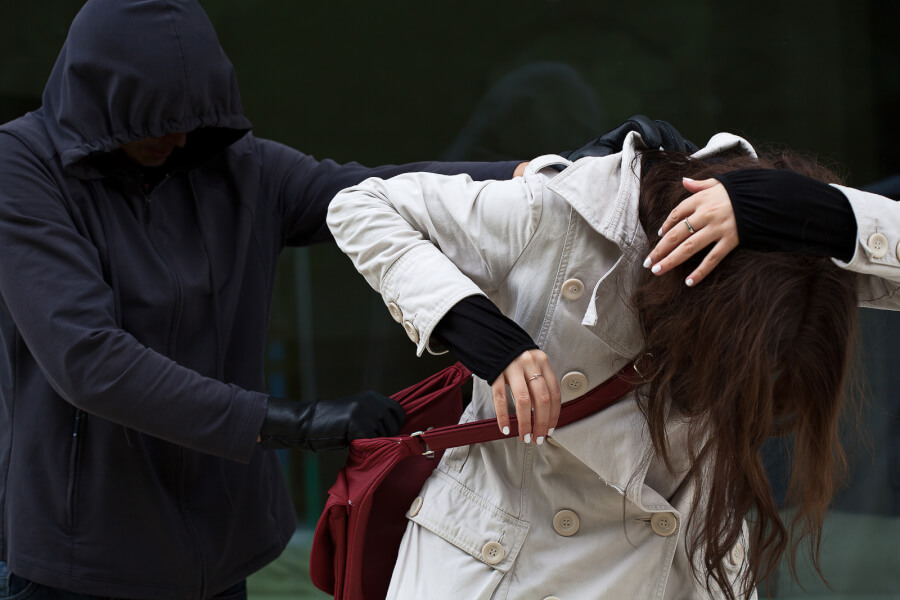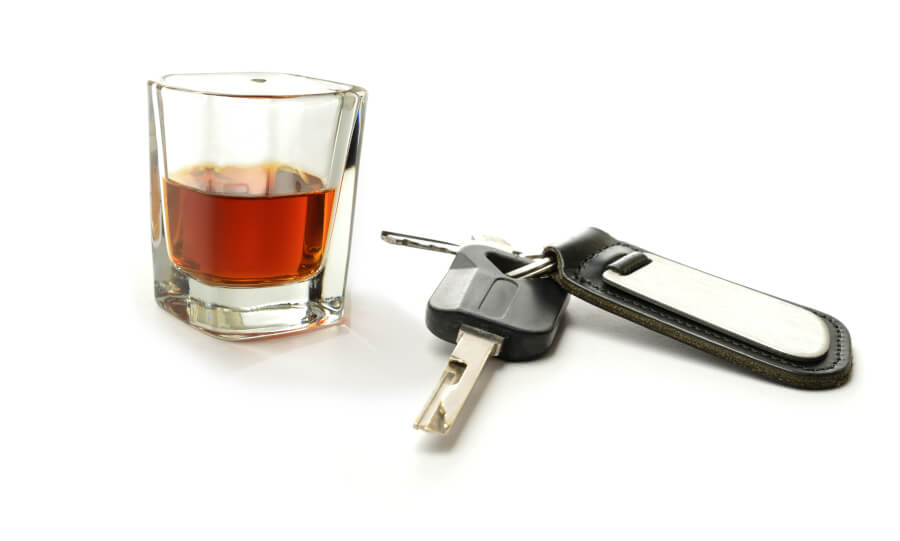Raleigh NC Criminal Defense Attorney
GPS Tracking Your Spouse Could Land You In Jail
Today’s technology, and the technologies coming in the future, have certainly had substantial effects on privacy. Parents are able to track their children through GPS and other tracking software, and if a husband or wife wants to track his/her spouse, he/she certainly has the tools available at his/her fingertips.

As such, when the spouse or significant other is spending more time away, they are getting late-night calls or text messages, or you’re having a divorce and you want to find out if your spouse has been having an affair (or is hiding marital assets), you might feel like a little spying is the best way to satisfy your suspensions. Nevertheless, spying on your spouse, whether through GPS or other methods, could be illegal and it could land you in jail.
If you were arrested for spying on your spouse, or for any other domestic relations issues, you’ll need an experienced Raleigh domestic violence and criminal defense lawyer who can guide you through the legal process and vigorously defend your case in Raleigh or Wake County courts. For a free consultation with attorney Brinkley, call our Raleigh criminal defense law firm today at (919) 832-0307.
Possible Criminal Penalties for Spying
There are many tools cheaply and widely available today that were once reserved for intelligence operatives, and things like GPS tracking have become common among spouses, private investigators, and others. In many cases, all the spouse needs to do is attach a GPS device to his/her partner’s car, and then watch the partner’s movements.
Numerous states across the US, however, have strict “anti-spying” laws, where things like GPS tracking and even recording phone conversations can result in a misdemeanor or even a felony. This is especially true if the car (that has the GPS tracking device) is not owned by you or where the person has a reasonable expectation of privacy.
In North Carolina, using GPS tracking on your spouse could result in civil action, and you may be required to pay damages for:
- Loss of consortium
- Mental anguish
- Humiliation
- Damage to health due to stress and other factors
If you are found guilty of violating the Federal Wire Tapping Act, the very least that North Carolina courts can do is order you to stop the illegal spying acts. If you continue to violate the Federal Act, you could be subject to fines of $500 and you could be facing up to five years in prison.
Additionally, if you are found to be violating the North Carolina Electronic Surveillance Act, you could be looking at a Class H Felony.
Contact Criminal Defense Attorney Brinkley ASAP
The Federal Wire Tapping Act and the North Carolina Electronic Surveillance Act are most likely the two statues that Wake County courts will use to prosecute you. However, whether or not the GPS tracking is a violation of these laws depend on the unique circumstances of your case. As such, if you were charged with illegal spying, you need to contact your Raleigh criminal defense attorney as soon as possible. Although this is a complex area of law, attorney Dewey Brinkley fully understands federal and NC laws, and he can provide a vigorous, thorough criminal defense with the goal of proving your innocence, getting the charges dropped, or achieving reduced or alternative sentencing.
To speak with attorney Brinkley, call the Law Office of Dewey P. Brinkley today at (919) 832-0307. Free consultations are available.







